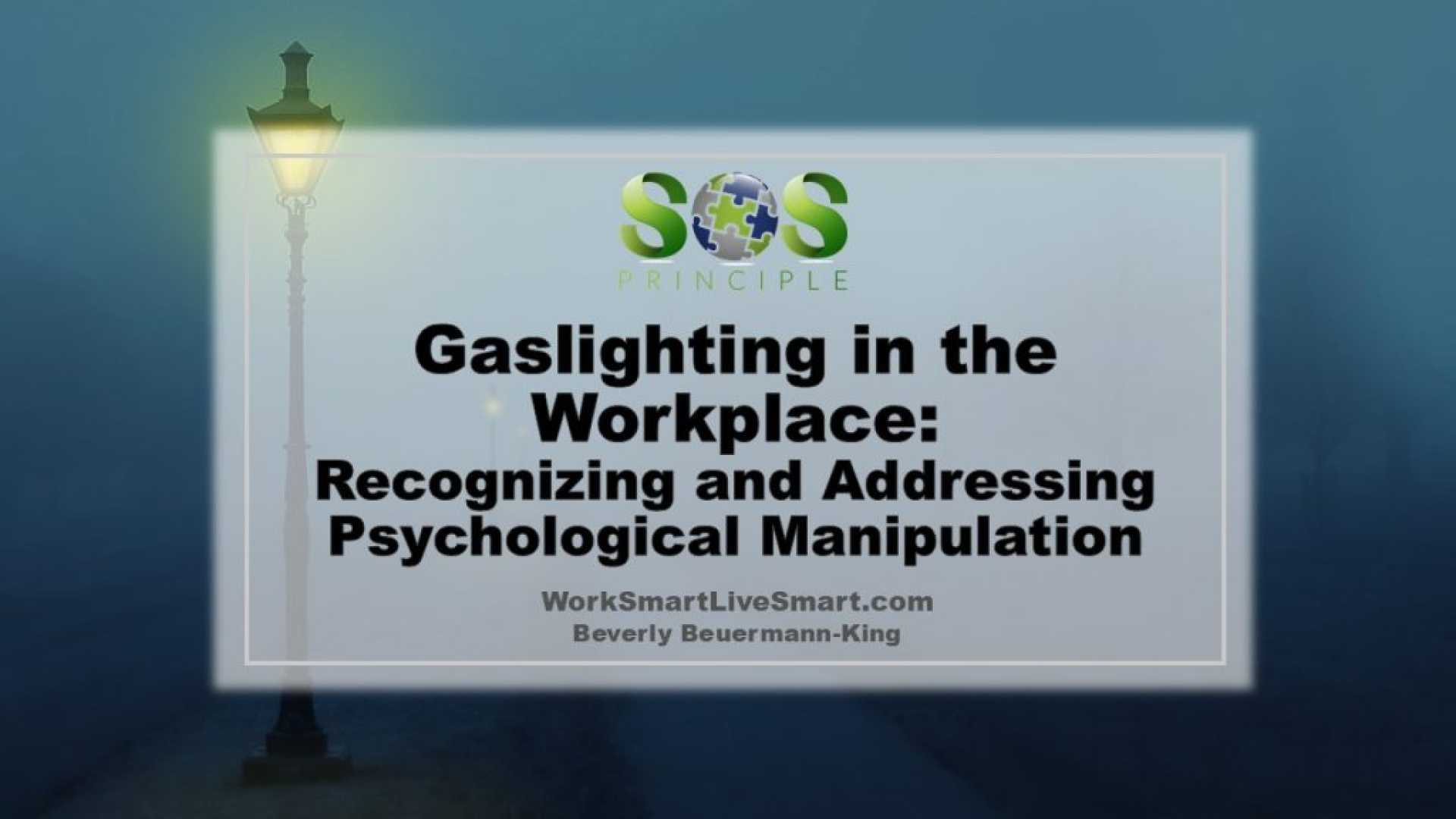Health
Understanding Workplace Gaslighting: Signs and Coping Mechanisms

Workplace gaslighting is a subtle but insidious tactic that causes victims to question their reality, doubt their perceptions, and feel uncertain about their competence. This behavior often results in guilt, grief, and both personal and professional isolation. It thrives in workplaces lacking psychological safety, triggering mental health issues ranging from chronic stress to suicidal ideation.
According to Mark Travers, a contributor writing for Forbes, “Gaslighters may contradict past agreements or blame you for decisions they originally supported. They might change deadlines without informing you, criticize your work unfairly, or deny having said things that you clearly remember.” Such phrases include “I never said that, maybe you’re misremembering it” or “you’re overreacting,” often used by gaslighters to make others feel like they are the problem.
Over time, these manipulation tactics erode self-confidence, making individuals question their own perceptions. It leads to increased stress, decreased job satisfaction, a toxic work environment, and emotional exhaustion. A study published in Teaching and Learning in Nursing explains, “In workplace cultures where gaslighting and other forms of incivility persist, members may be reticent or fearful to speak up.”
There are several ways to recognize and overcome workplace gaslighting. A common sign is second-guessing one’s memory, such as when a supervisor claims not to remember agreeing to a previous discussion. Documenting interactions, including dates and details, can offer clarity and provide necessary evidence when confronting the situation.
Sarah Green, from an article in Stacker Media, recommends trusting one’s gut and validating personal experiences. Gaslighting is often subtle, employing tactics like displacing, which implies personal flaw or unreliability. Regular self-reflection can reinforce one’s understanding and maintain trust in one’s perceptions.
Gaslighters tend to isolate their prey, causing confusion and self-doubt. Sharing experiences with trusted individuals offers external perspectives and asserts reality, counteracting the abuser’s manipulation. A supportive circle reminds the victim of their worth and aids in recovering personal power.
For those unable to leave a detrimental workplace, maintaining brief work-related communication is crucial for mental health. Employing strategies like cognitive restructuring, which frames experiences as challenges rather than threats, helps in maintaining emotional well-being.
Setting and enforcing boundaries is essential. If a conversation becomes manipulative, experts suggest calmly exiting the discussion. Avoiding emotional confrontations, but rather responding with factual clarity, denies the gaslighter the satisfaction of manipulation and maintains professionalism.
Those suspecting gaslighting at work are encouraged to take science-backed evaluations to better understand their situation and seek necessary support.












